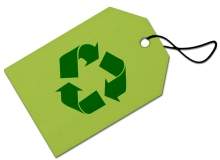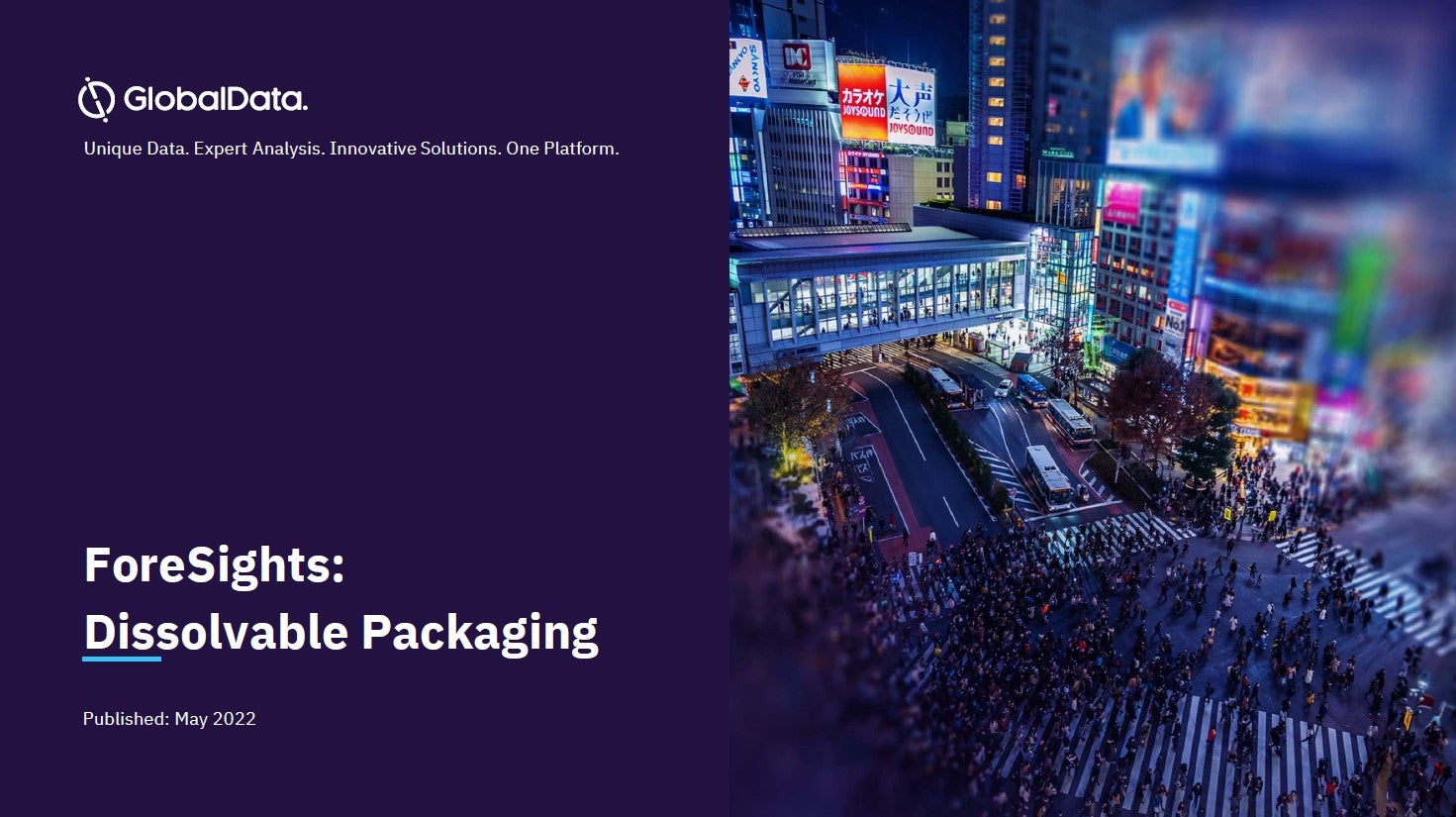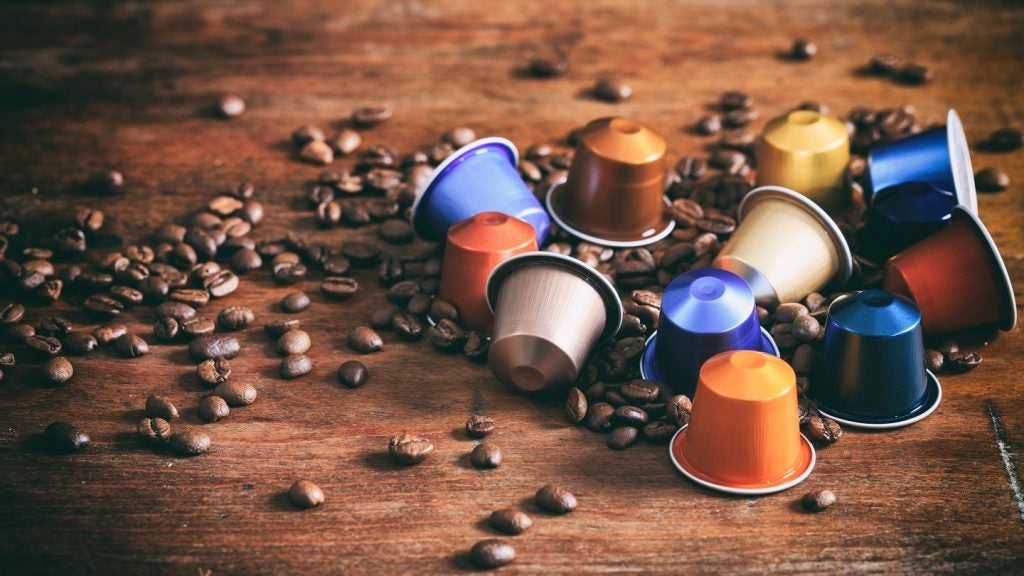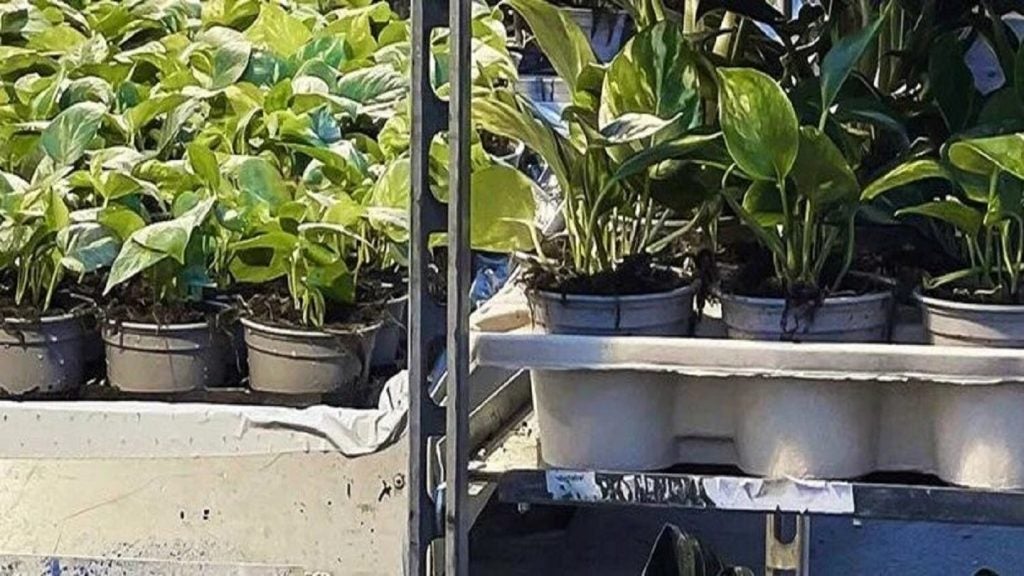
All look and no substance?
Consumers’ perceptions can be created by all manner of factors, but one of the greatest influencers in packaging is the design – the way the product looks and feels.
"Printing a recyclable device or message is very prevalent in most first world countries now but there are subtle differences and there is sometimes a tendency to play this up with brands from S-MEs more than multinationals" said Andrew Streeter of Pack-Track, a Datamonitor packaging research service and packaging expert.
"People are beginning to using words like fully recyclable and probably stretching the point. It is not used as a smokescreen as such, but more as a marketing claim – it is opportunistic," he added.
"There is a trend of sustainability and greenness which some companies are taking advantage of. I hold the view that packaging in some regions is taking on a consumer perceived ‘greenish’ persona. Matt inks have enjoyed a renaissance, surface texturing, plastics can look very paper like and there are more board applications.
"They are trying to fulfil a consumer need, that recyclable, green element in the brand values. Perhaps there is a hidden or more covert approach to this development, it also conveys a quality dynamic in the brand."
How well do you really know your competitors?
Access the most comprehensive Company Profiles on the market, powered by GlobalData. Save hours of research. Gain competitive edge.

Thank you!
Your download email will arrive shortly
Not ready to buy yet? Download a free sample
We are confident about the unique quality of our Company Profiles. However, we want you to make the most beneficial decision for your business, so we offer a free sample that you can download by submitting the below form
By GlobalDataSee Also:
Recycling disconnect
Carol Lo from the Cambridge Design Partnership believes the world of product development is currently playing catch-up in addressing the environmental sustainability of design, as it has traditionally been neglected.
She said: "Many recent efforts have tried to improve this situation, for example the ‘Cradle To Cradle’ approach for material use, design for ‘remanufacturing’ strategies and the use of ‘life cycle thinking’. Most of these approaches emphasize the importance of seeing the ‘big picture’, understanding and designing for the whole life cycle of products and services."
Streeter believes there is a disconnect in many countries between the system to recycle materials and the facilities to get it into the recycle stream – a sentiment with which Lo agreed.
"As the recycling industry slowly grows to address the regeneration of materials, and legislation requires manufacturers to take some responsibility for end-of-life treatment of their products, there is still a disjoint between those who are in the business of creating products and those who are in the business of dealing with the same products when they have been discarded," she explained.
Take plastic packaging, for example. While more than 300,000 tons of plastic packaging is collected for recycling each year, according to WRAP (waste resources and action programme) more than one million tons still goes to landfill.
Even if plastics recycling does increase in the UK – DEFRA aims to increase plastic packaging recycling targets for businesses to 57% by the end of 2017 – industry influencers say the current setup cannot cope with such a growth.
Furthermore, even when correct recycling infrastructure exists, as in the UK, there is still a notable lack of engagement from consumers towards recycling (which is not the case in countries like Japan where consumers are very savvy recyclers).
Just because packaging looks recyclable and is potentially recyclable does not mean it will get recycled, which is why some brands are incentivising their customers and providing ways for them to be responsible for the end life of their packaging.
Brands taking control
There are companies out there making serious moves, particularly the multinationals such as Coca-Cola, said Streeter. "We have to remember that brand owners are much closer to the consumer than the packaging industry, recyclability as part of the sustainability agenda is an important subtext to be recognised," he said.
"They understand the benefit of being responsible and pro-active in green areas to the brand and the business, whether this is to do with recyclable, sustainable or bio-sourced packaging. Brand owners are a key driver globally in creating change towards sustainability."
Coca Cola’s vision for ‘zero waste’ has led it to take an approach to packaging which goes beyond recycling and takes a more sustainable vision of the product lifecycle. The company recognises that "recovery and recycling is complicated by the fact that waste management is not a local issue, with different circumstances in every locale".
The brand’s ‘Give it Back’ programme is driven by the statement that the value of aluminium and PET wasted each year is $1.5bn and that it takes "95% less energy to make a can from recycled aluminium versus virgin aluminium". This is the same for plastic, as recycling plastic for reuse takes less energy than producing bottles with virgin materials.
Coca-Cola’s PlantBottle is the first recyclable PET plastic drinks bottle and it contains 30% of plant-based material. Dr Shell Huang, director of packaging research at Coca-Cola, said the company’s "ultimate vision is to develop recyclable plastic bottles made from 100% renewable materials".
One company in particular that Streeter feels has struck a chord with the consumer is Kenco and its ‘Eco Refill’ scheme or ‘brigade’, which gives consumers a way to be totally responsible for their packaging.
It has partnered up with TerraCycle to incentivise customers to recycle their refill bags. Not only is the service free (postage costs are covered by TerraCycle), but for each Kenco bag donated, the company give you two points that can be exchanged for £0.02 for charity. At the time of writing, the number of people collecting was 236,798, with eight million waste units collected and £90,000 banked for charity.
A flexible and sustainable future
"The climate is beginning to come right for refills – and I could repeat that statement for SE Asia, Japan, North America, Australia, New Zealand and Europe," said Streeter.
He thinks the take up of refill packaging on the market has paved the way for flexible packaging approaches, which he believes is a step forward on the path towards sustainability in packaging.
"It’s lighter material content (with a consumer perceived less cost) and we will see more cellulose-based materials included. It has good graphics potential for branding, plus increasing service features, such as it is easier to hold and dispense," he said. "The format will be one of the drivers in sustainability and therefore recyclability, as they are fairly easy to handle and recycle."
Cost is always a problem, especially in this economic climate – and there are cost implications to taking care of the life cycle of the product and its overall sustainability.
However, Streeter believes the global financial situation is positive because cost-reduction goes hand in hand with sustainability issues.
"In a way one works in harmony with the other," said Streeter. "Cost reduction is always on the agenda for any packaged goods manufacturer so in a way the sustainability agenda has refreshed that need to cost reduce."
Lo believes that the "tide is changing", explaining that a complex optimisation process will take us closer to a sustainable future.
"One key to moving a step closer to designing truly recyclable products is for designers to better understand what happens to the products they design when they arrive at the waste handlers at the end of their life. Design houses must forge close links with recycling facilities, as well as develop an intimate understanding of the latest waste treatment processes and methods to inform any sustainable design approach."







